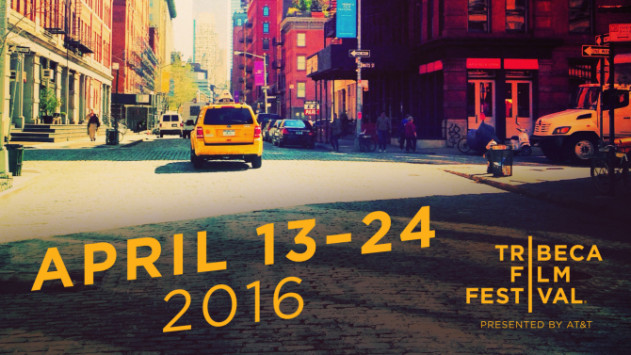“Elvis and Nixon,” TRIBECA FESTIVAL
Michael Shannon doesn’t really look like Elvis Presley. For one thing, his face is shaped all wrong, his cheeks are too long and deeply creased. If it weren’t for the crazy haircut, the suits, and the sunglasses one would never think that Shannon was supposed to be The King. But then, neither does Kevin Spacey look like Present Richard Nixon. And yet through the sheer strength of their performances they completely inhabit these two men. Shannon perfectly embodies the detached confusion of a man defied by a public he no longer understands, his head perpetually tilted towards the ground or the corner of the room. You can practically see the gears turn in his head as he weighs the proper response or question to every situation: a flirtation, a demand, a flattery, sometimes a simple “huh.” Spacey reaffirms his mastery of body language. Notice the jerky movements of his arms, the downward glower of his face even while standing up and speaking to somebody in front of him. Both Shannon and Spacey avoid the temptations of caricature. They give a weight and dignity to Liza Johnson’s “Elvis & Nixon,” elevating it to one of the best films I’ve seen this year at the Tribeca Film Festival.
The film follows one of the most surreal moments in twentieth-century American politics: the 1970 meeting between Presley and Nixon where Presley demanded to be deputized as a “Federal Agent-at-Large” in the Bureau of Narcotics and Dangerous Drugs. A photo taken of the moment would go on to become the most requested document in the National Archives. “Elvis & Nixon” brilliantly captures the sheer absurdity of the situation, from Presley literally showing up to the White House unannounced to deliver a letter requesting a meeting with Nixon to the two of them awkwardly chatting in the Oval Office in-between mouthfuls of M&Ms and Dr. Pepper.
Johnson doesn’t bother with validating either man’s politics; the film is concerned with the collision of egos, the interplay between two very public figures unsure of how much of their guard or personas they should let down in each other’s presence. Both Presley and Nixon are surrounded by straight men who prevent their actions from existing in a vacuum—Presley’s “PR Manager” Jerry Schilling (Alex Pettyfer) and friend Sonny (Johnny Knoxville), Nixon’s personal aids and assistants Egil Krogh (Colin Hanks) and Dwight Chapin (Evan Peters). Whereas Schilling and Sonny treat Presley as a befuddled yet beloved child, Korgh and Chapin contextualize Nixon as a capricious god. Without them the film wouldn’t be half as funny, a quarter as entertaining, a tenth as memorable.
Rating: 8 out of 10
Nate Hood is Screen Comment’s main film critic in New York. Follow him here @NateHood257
news via inbox
Nulla turp dis cursus. Integer liberos euismod pretium faucibua



